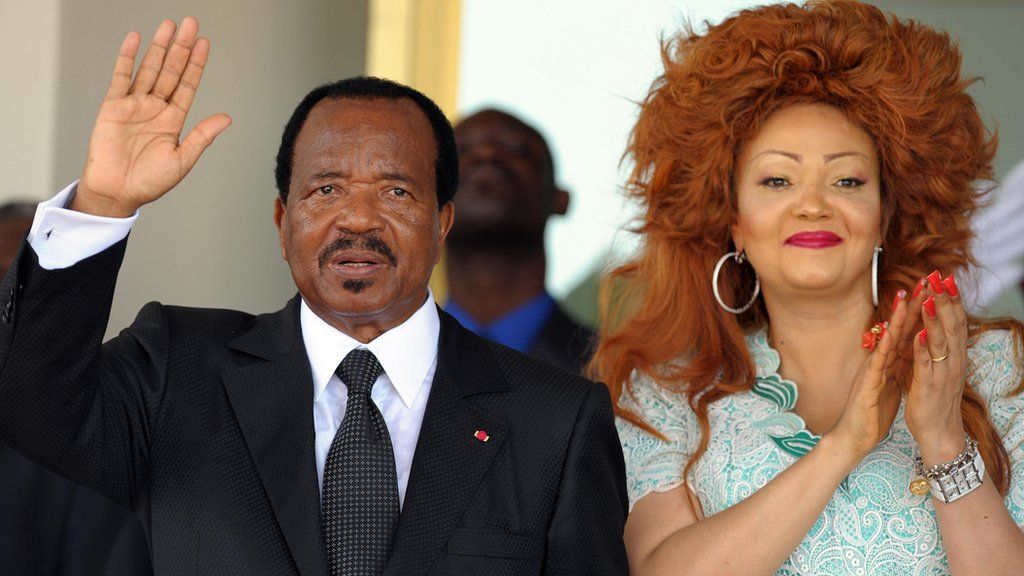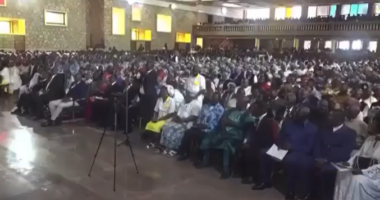Paul Biya’s Absentee Presidency: A Crisis of Governance in Cameroon
By Ray Timah, BaretaNews Contributor
August 2025
In the annals of global leadership, few figures embody disengagement as starkly as Cameroon’s President Paul Biya. Now in his fifth decade of rule, Biya has crafted a presidency so detached from the daily realities of his people that his inner circle could conceivably conceal his death for nine months while continuing to govern in his name—without most Cameroonians noticing. This alarming scenario underscores a deeper crisis: a governance model that has conditioned an entire nation to accept absence, silence, and unaccountability as hallmarks of leadership.
Biya’s prolonged tenure, marked by prolonged absences from the public eye and minimal engagement with pressing national issues, has normalized a dangerous precedent. Whether it’s the ongoing Anglophone crisis, economic stagnation, or rampant corruption, his administration’s response is often a deafening silence. This void has desensitized Cameroonians to the indices of poor governance, fostering a culture where the lack of leadership is mistaken for stability. Citizens have been conditioned to expect little from their government, accepting a system that operates on autopilot, accountable only to a select elite rather than the people it claims to serve.
This autopilot governance thrives on a carefully curated illusion of control. Biya’s rare public appearances—often limited to scripted speeches or ceremonial events—contrast sharply with the daily struggles of ordinary Cameroonians grappling with insecurity, unemployment, and crumbling infrastructure. His administration’s reliance on a loyal inner circle ensures that power remains centralized, with little regard for transparency or public welfare. The result is a presidency that functions as a self-sustaining machine, indifferent to the needs of the nation and immune to calls for reform.
The consequences of this leadership vacuum are profound. By normalizing absence and silence, Biya’s regime has eroded public trust in governance, leaving many Cameroonians resigned to a status quo that prioritizes power preservation over progress. The opposition, fragmented and often co-opted, struggles to challenge this entrenched system, while the populace grows increasingly apathetic—a dangerous recipe for a nation teetering on the edge of further unrest.
As Cameroon faces mounting challenges, from separatist conflicts to economic hardship, the question looms: how long will citizens tolerate a presidency that governs without their input or consent? Biya’s legacy of disengagement risks becoming Cameroon’s permanent reality unless the people demand accountability and a return to true democratic principles. The time for awakening is now, for history will not forgive a nation that acquiesces to such a hollow form of leadership.





